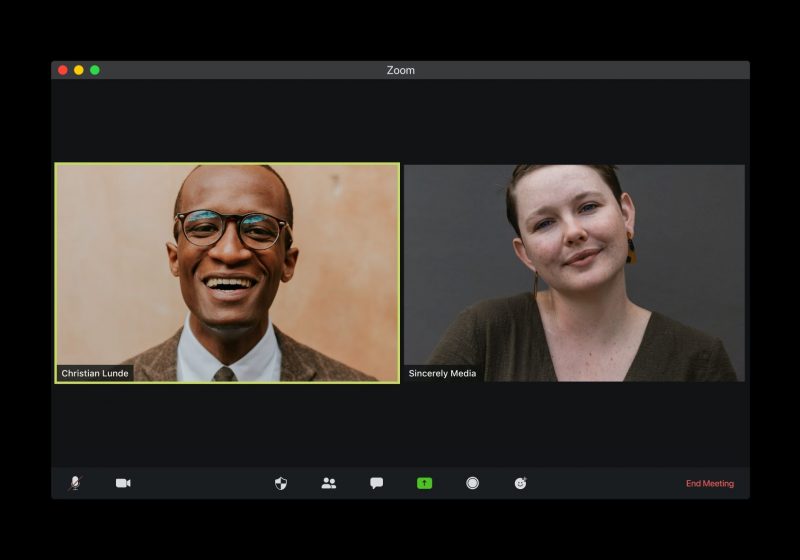Remote Interviews: Are you getting them right?
As we all know, lots of us have swapped the office for our spare room/lounge/cupboard under the stairs in the last year.
Similarly, face-to-face recruitment processes have moved online too. Remote interviews are the norm for many candidates and recruitment teams now. We’ve all adapted pretty quickly.
But after a year of this ‘new normal’, is it time to review your remote interview processes and make sure you’re getting them right?

Are your remote interviews inclusive?
We’ll kick off with some advice from our friends at Evenbreak, who have lots of tips to ensure your online interviews are inclusive and accessible.
From the contents of your interview invite to identifying facilitators, this post is packed with guidance for in-house recruitment teams.
“Recognise that for disabled participants it may take significantly longer to answer a call/join a meeting, as they would be interacting with their assistive technology first. Also ensuring at the start of calls any special functions being used (such as closed captioning) or specific people (presence of a sign language interpreter) are explained, and participants are aware that this will be available.” – Evenbreak
In the wake of the Covid-19 pandemic, we all had to move incredibly quickly to adjust our recruitment processes. Use this time now to review your remote interview practice and identify whether you can make improvements for disabled candidates, or applicants who may have other requirements.
Read the full post from Evenbreak here: How to make your online interviews inclusive.
Have you got success metrics for remote interviews?
Consider reviewing the impact of your remote recruitment activities. Your ATS should enable you to report on attendance and success rates for both face-to-face and online interviews.
You could use your ATS reports to understand whether the move to remote interviews has improved the diversity of your candidates, for example. Candidates who previously would have found location or travel a challenge, might now be able to interview for roles at your organisation. Or applicants with caring responsibilities may find online interviews more flexible and accessible.
You can also use your data to inform longer term decisions. Maybe you previously used to run face-to-face assessment centres for a high volume of candidates. If you have moved to online assessments or interviews, take a look at whether your time or cost-per-hire has improved since (for example).
Find out more about Hireserve ATS’ reporting suite here.
Does your ATS support your remote interview process?
Having spent the last 12 months using screens for everything from first dates to family dinners, we all know how essential the right technology is.
Your ATS should be equipped with a range of tools to make your remote interviewing processes as secure, simple and efficient as possible.
From auto-generating your online interview link in every candidate email and confirmation, to enabling candidates to self-select their interview dates online, Hireserve ATS has a range of features to support you.
Discover more: Hireserve ATS and online interviewing
Well, what a year it’s been. As many of us tentatively approach the return to the office, it will be interesting to see which remote recruitment processes we continue, and which we discard in favour of face-to-face again.
We’d love to know whether you’ll be maintaining online interviews, and the successes and challenges you’ve experienced!
Find out more
Discover more expert guidance from Evenbreak here: How accessible is your hiring process?
It’s not just interviews which have gone remote! Download our guide to remote ATS implementation
Although most of us are now used to it, it can still be useful to brush up on tips for home-working



